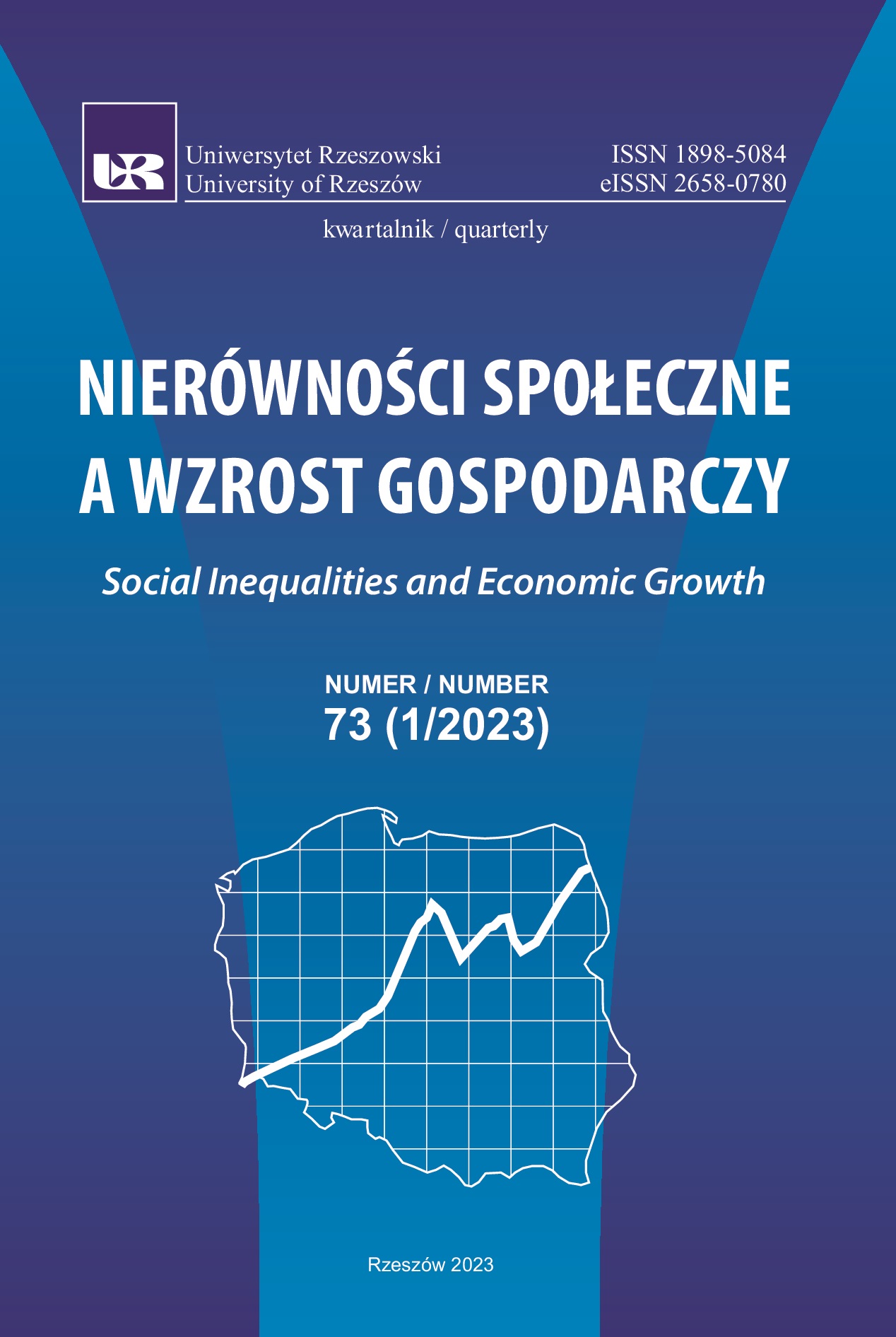Cybernetyka a deformacja demokracji
Cybernetics and the deformation of democracy
Author(s): Jolanta Sala, Halina TańskaSubject(s): Electoral systems, Politics and communication
Published by: Wydawnictwo Uniwersytetu Rzeszowskiego
Keywords: cybernetic model of a democratic state; directions of democracy development; di- rections of deformation of a democratic state; methodological foundations of an interdisciplinary discussion on politic
Summary/Abstract: The article indicates the possibilities of developing an approach using the potential of cyberneticsfor modelling socio-economic and political processes in order for an interdisciplinary discussion oncontemporary crises in the context of social inequalities and economic growth. The interdisciplinaryachievements of political, social and economic sciences have been selected, which makes it possibleto undertake research on socio-economic phenomena and processes, and to obtain results that areperfectly consistent with reality while minimizing the impact of subjective interpretation.In an attempt to model reality, the processes of deformation of a democratic state havebeen abstracted, which has been an attractive topic of discussion and publication by successivegenerations since the times of Aristotle. Following N. Urbinati, it was assumed that the contemporary civilizational cognitive significance of these processes testifies to the respect for the social instinctof self-preservation, and consequently to the need to raise the rank of objectivism. N. Urbinati’sinspiring descriptive models are the basis for a systemic abstraction of the examined period of thecourse of democratic processes from the crises arising in the nineteenth century as a result of the firstindustrial revolution, through two world wars in the twentieth century in the context of internationalarrangements after their completion, through the return to democracy in Poland after the structuralchanges in the 1990s to the currently ongoing fourth industrial revolution, known as Industry 4.0.The article is not a systematic presentation of the detailed results obtained, as only themost spectacular phenomena are mentioned, which testify to various deformations, distortions ortransformations of democracy (in practice or theory) in the methodological context. Methodicalachievements of social cybernetics, economic cybernetics, as well as computer science andinformation economics were used. The pragmatic effectiveness of the conceptual perspective of anartificial intelligence (AI) system is adopted at the highest level of abstraction.
Journal: Nierówności Społeczne a Wzrost Gospodarczy
- Issue Year: 2023
- Issue No: 73
- Page Range: 57-74
- Page Count: 18
- Language: Polish

